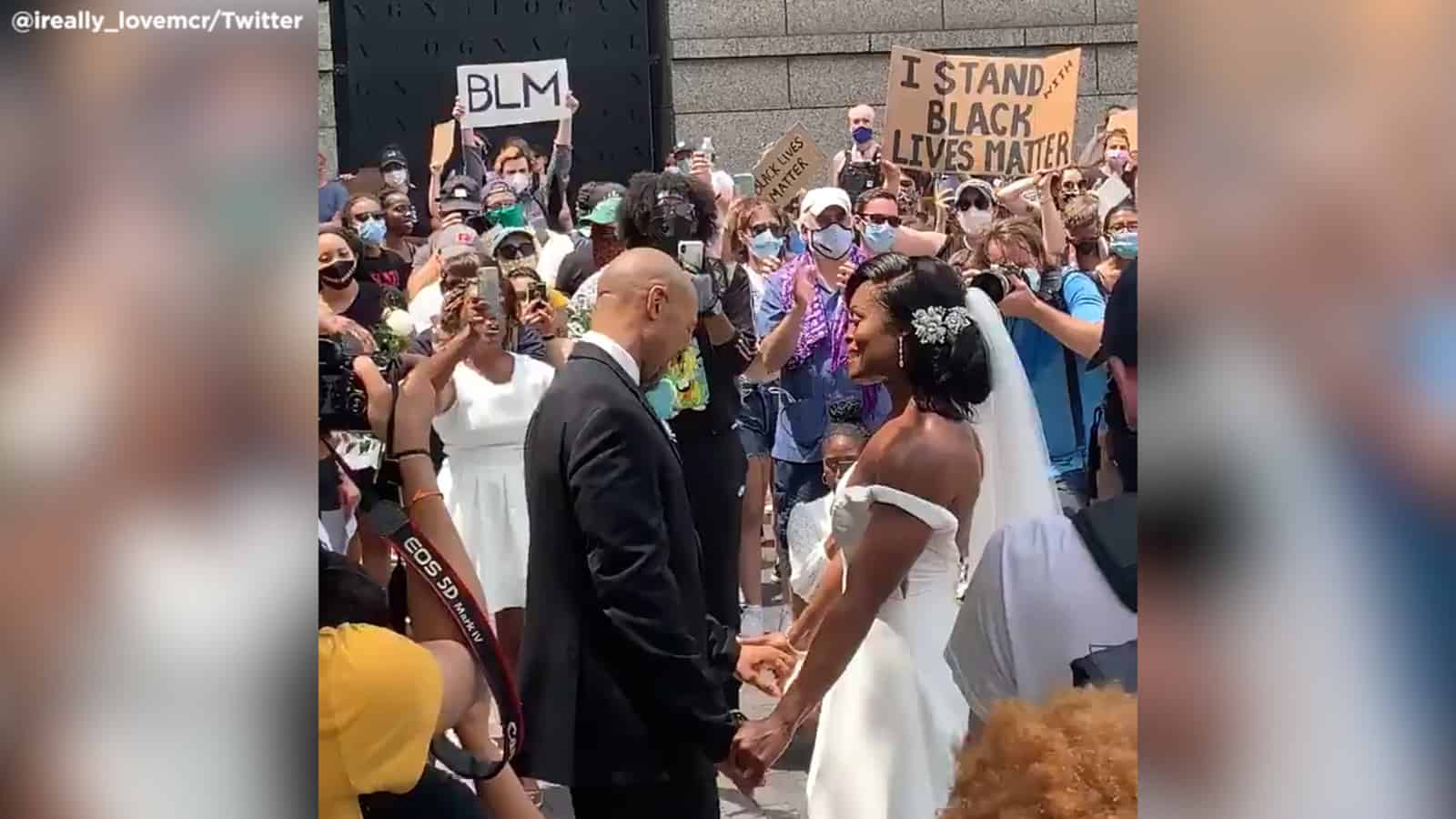
Sunday Life Reporter
WEDDINGS, those ceremonies which are meant to join couple for life, for better or worse, occupy a special place in various cultures found around the globe.
Besides the feasts, the dancing and the tears of joy they bring, weddings are great repositories of culture, laying bare people’s traditions over the course of a simple ceremony.
For some minority tribes in particular, it is a great opportunity to showcase what their culture entails to the rest of their community.
On 10 October, it was the turn of the Mdlongwa clan to show the beauty of the rituals and traditions of the Batlokwa BaMachaka Tribe during the wedding of Sindile Mdhlongwa and Lethubuhle Ngwenya.
On 10 October, the two were joined in a civil wedding and the following day was the Setlokwa ceremony with Kgosi Machaka, of the Batlokwa BaMachaka Tribe in Botlokwa, Limpopo, and the Queen mother Mapula in attendance.
Dr Omphile Marupi introduced Kgosi Machaka by singing his praises in Setlokwa language.
This was done as Kgosi took the stand and while speaking, he asked Elder Simon and Dr Omphile to stand with him as is the custom that when kgosi addresses his people.
Whenever he addresses the masses, there are those that have to stand by his side.
Kgosi Kgwadu is the son of Kgosi Kgarahara Edward Machaka, and still leads and preserves the lengthy customs and traditions of Batlokwa.
The leopard is the nation’s original totem, hence the phrase AmaMbathangwe.
The Batlokwa language is Setlokwa, which has its roots based on Sekgatla and other nations of Batho neighbours around them. The name Tlokwa means the honoured one (Motlokwa), one with a crown (tlokola) bestowed on.
The Batlokwa nation is found in all the provinces of South Africa and we find their Bokgosi in more than five of them.
The Mdlongwas are descended from the house of Machaka.
Owing to language differences, their surname was changed as they moved from South Africa to Zimbabwe via Limpopo, Botswana and some settled at Mandihongola in Zimbabwe before, during Difaqane, and after they followed meaning we had Batlokwa way before Difaqane in Zimbabwe.
Others settled as far as Zambia, Botswana and other countries within the SADC. The Batlokwa in Zimbabwe use Tshaka, Mbathangwe, Tshuphula, Nkanenkulu, Mtogwa, Machaka, Maimela, Mtogwa asinang tsele, as their praises.
Tshaka, meaning spear is usually misconstrued to be Shaka the Zulu, which has made it challenging for the Mdlongwas to identify which group they belong to.
These two are different. Praises and totems, among other things, are used to distinguish one’s descent. In historical documentation, some use Tshaka, Chaka, Mdhlongwa, Mdlongwa in the same context.
The change of language has led to the loss of the original Tlokwa culture from names and clothing attires, amongst other things, hence family gatherings and traditional weddings are crucial events that help the BaTlokwa preserve their culture and safeguard it. One has to be proud of who one is and their roots.
The Mdlongwa wedding celebration proceeded to Lupane for the traditional ceremony. In attendance were the community and the area’s traditional leaders.
The bride, groom, and guests were clad in traditional outfits and as a symbol of acceptance into the family, the Mother Queen, Elizabeth, and Siboniso Mdlongwa clothed the bride with a hat and blanket.
She was then given a new name, Mma Molatelo, a moniker which everyone is expected to use henceforth when calling her.
The name is derived from the great grandmother from the Ngwenya clan who was married to the Tlokwa clan.
The groom’s name changes to Papa Molatelo and their first child may be named Molatelo. As she was given the name, accompanying gifts were required.
The ceremony illustrated the beauty of Batlokwa culture but also, crucially, illustrated the importance of elders in making sure that the roots of the Batlokwa in Zimbabwe are strengthened and never discarded.
This content was originally published here.

